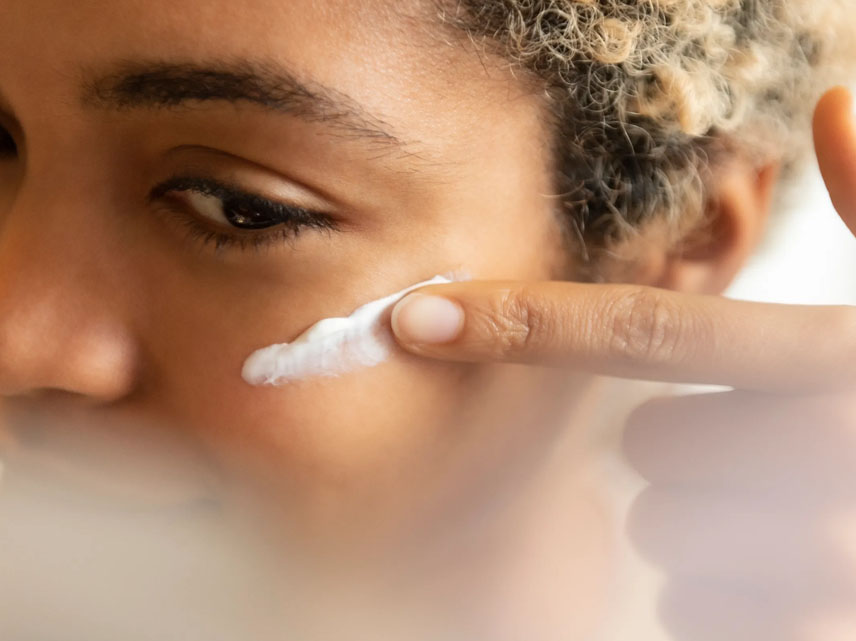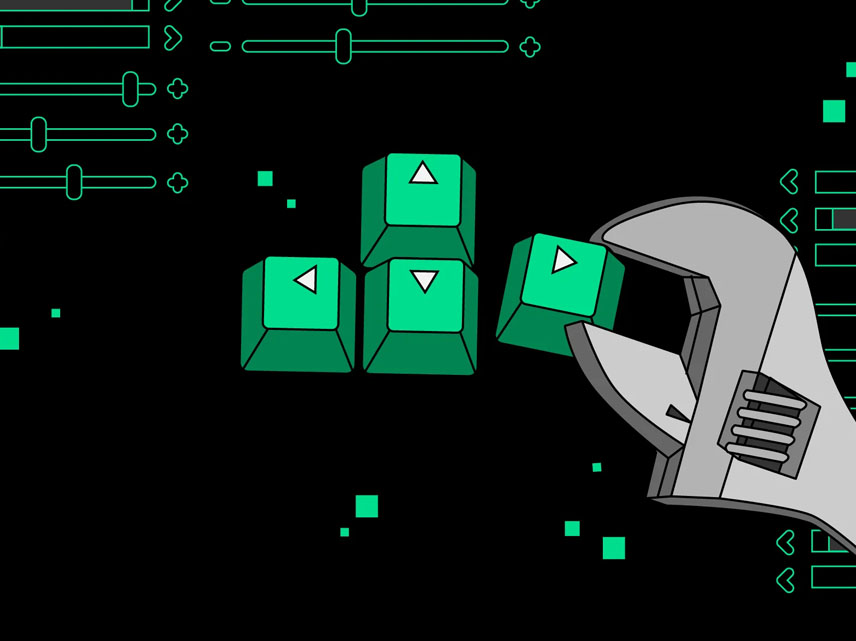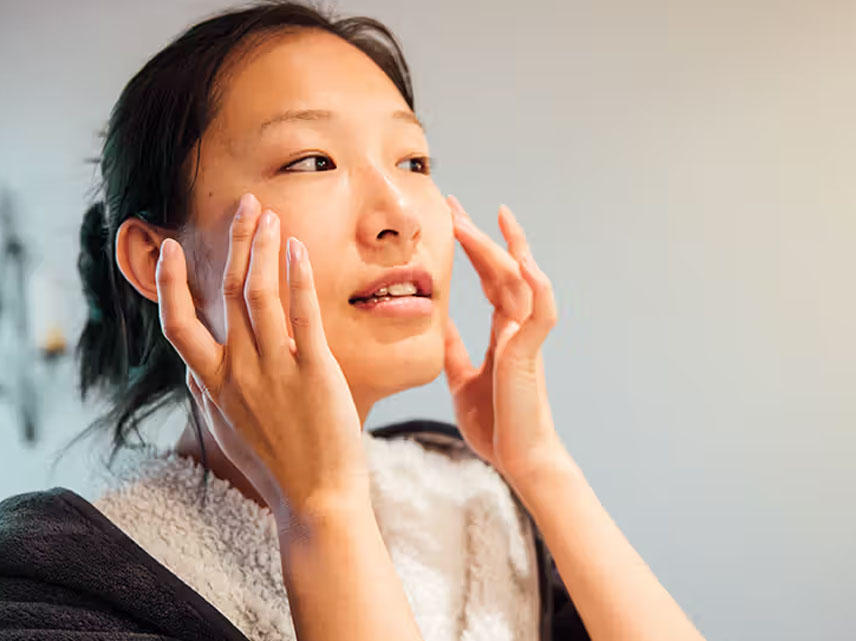The Science Behind Collagen and Why It Matters
Collagen is often celebrated in beauty circles for its skin-rejuvenating powers. You’ve likely seen it in everything from face creams to protein powders. But collagen isn’t just a buzzword—it’s a scientifically essential protein that plays a fundamental role in your body's structure and function.

Recent Blogs
- Budget Chic: Look Expensive Without Spending a Fortune
- Small Details That Make a Big Statement: Learn the Art of Home-Making
- The Benefits of Meditation for Skin and Overall Wellness
- How to Find Your Personal Style (And Own It)
- Closet Clean-Out: What to Keep, Toss, and Donate
- Weekend Getaways: 7 Quick Escapes to Recharge Your Soul
- From Runway to Real Life: How to Wear 2025’s Top Trends
April 25 28
Collagen is often celebrated in beauty circles for its skin-rejuvenating powers. You’ve likely seen it in everything from face creams to protein powders. But collagen isn’t just a buzzword—it’s a scientifically essential protein that plays a fundamental role in your body's structure and function. From keeping your skin supple to strengthening your joints and bones, collagen is key to both health and beauty. In this blog, we’ll break down the science behind collagen, how it works, and why it truly matters.
What Is Collagen?
Collagen is the most abundant protein in the human body. It makes up around 30% of total protein content and serves as the primary building block of your skin, bones, muscles, tendons, and ligaments. Think of it as the "glue" that holds everything together. In fact, the word collagen comes from the Greek word kólla, meaning glue.
There are at least 28 different types of collagen, but the majority of the collagen in the human body falls into five categories:
- Type I – Found in skin, bones, tendons, and ligaments
- Type II – Found in cartilage
- Type III – Found in skin, muscles, and blood vessels
- Type IV – Found in the layers of the skin
- Type V – Found in the cornea of the eyes and hair
How Collagen Works in the Body
Collagen is formed from amino acids—primarily glycine, proline, and hydroxyproline—that are assembled in a triple-helix structure. Your body synthesizes collagen naturally, combining these amino acids with vitamin C, zinc, and copper to form the collagen protein.
This structural protein does more than just support your skin’s elasticity. It’s critical for:
- Skin elasticity and hydration
- Joint flexibility and cushioning
- Bone density and strength
- Hair and nail growth
- Wound healing
Over time, however, the body’s ability to produce collagen decreases, which leads to visible signs of aging like wrinkles, joint discomfort, and sagging skin.
Why Collagen Production Declines
Starting around the age of 25, collagen production begins to decline at a rate of about 1% per year. Several factors can accelerate this loss:
- UV exposure: Damages collagen fibers and impairs new collagen synthesis
- Smoking: Inhibits oxygen delivery to tissues, reducing collagen production
- Poor diet: Lacks the nutrients needed for collagen synthesis
- Stress: Raises cortisol levels, which can break down collagen
- Pollution: Increases free radicals that degrade collagen
By age 50, your body may have lost up to 30% of its natural collagen stores, making it crucial to consider both protective and replenishing strategies.
The Benefits of Boosting Collagen
Scientific studies support collagen supplementation and lifestyle changes that help maintain or boost collagen levels. Here’s how collagen impacts different aspects of health and beauty:
1. Skin Health
Research shows that collagen peptides can improve skin elasticity, hydration, and dermal collagen density. A 2019 study published in Journal of Drugs in Dermatology found that daily supplementation with collagen peptides for 8-12 weeks led to significant improvements in skin texture and appearance.
2. Joint Support
Collagen is a major component of cartilage. Supplementing with Type II collagen has been shown to reduce joint pain and improve mobility in people with osteoarthritis or active lifestyles. It works by reducing inflammation and aiding cartilage regeneration.
3. Bone Density
Type I collagen helps form bone matrix and supports bone strength. A study in Nutrients (2018) found that collagen supplementation improved bone mineral density in postmenopausal women, indicating potential benefits for osteoporosis prevention.
4. Muscle Mass and Recovery
Collagen can help increase lean muscle mass and improve recovery post-workout, especially when combined with resistance training. This makes it a useful supplement for athletes and older adults.
5. Hair and Nails
Collagen provides the building blocks for keratin, the protein in hair and nails. Regular collagen intake may reduce brittleness and promote growth, helping achieve stronger nails and thicker hair.
How to Boost Collagen Naturally
You can support your body’s collagen production through both dietary and lifestyle habits:
Eat Collagen-Rich or Collagen-Boosting Foods
- Bone broth – High in natural collagen and amino acids
- Citrus fruits – Rich in vitamin C, essential for collagen synthesis
- Leafy greens – Contain antioxidants that protect collagen
- Egg whites – Packed with proline, a key amino acid in collagen
- Nuts and seeds – Provide zinc and copper for collagen formation
Stay Hydrated
Collagen helps retain skin moisture. Drinking adequate water helps your skin stay plump and supple.
Protect Against UV Exposure
Use sunscreen daily to prevent the breakdown of collagen fibers caused by ultraviolet rays.
Minimize Sugar Intake
High sugar consumption leads to glycation, a process that damages collagen and leads to skin aging.
Consider Collagen Supplements
Hydrolyzed collagen peptides are the most bioavailable form, meaning they’re easier for your body to absorb. Look for products that also contain vitamin C, hyaluronic acid, or zinc for added benefits.
Are Collagen Supplements Safe?
Most collagen supplements are derived from bovine (cow), marine (fish), or porcine (pig) sources. They are generally considered safe, with minimal reported side effects such as mild digestive upset. However, it’s important to choose products from reputable sources to ensure purity and safety.
If you have allergies (especially to fish or eggs), read labels carefully. Pregnant or nursing individuals should consult their healthcare provider before starting any new supplement.
Final Thoughts: Why Collagen Matters More Than You Think
Collagen isn’t just about youthful skin or beauty trends—it’s the fundamental scaffolding that keeps your body functioning and resilient. With its influence spanning skin, joints, bones, and even gut health, collagen is truly a pillar of health and beauty.
As natural production declines with age, it becomes even more important to nourish your body with the nutrients and habits that support collagen synthesis. Whether you’re sipping bone broth, applying a collagen-rich serum, or taking a daily peptide supplement, every bit helps maintain your vitality from the inside out.
Ready to support your body’s collagen?
Start with small, consistent changes—like adding collagen-rich foods or a high-quality supplement—and see the long-term difference in how you look and feel.
Comment:
Your email address will not be published. Required fields are marked *
Our Top Picks
No products found.








